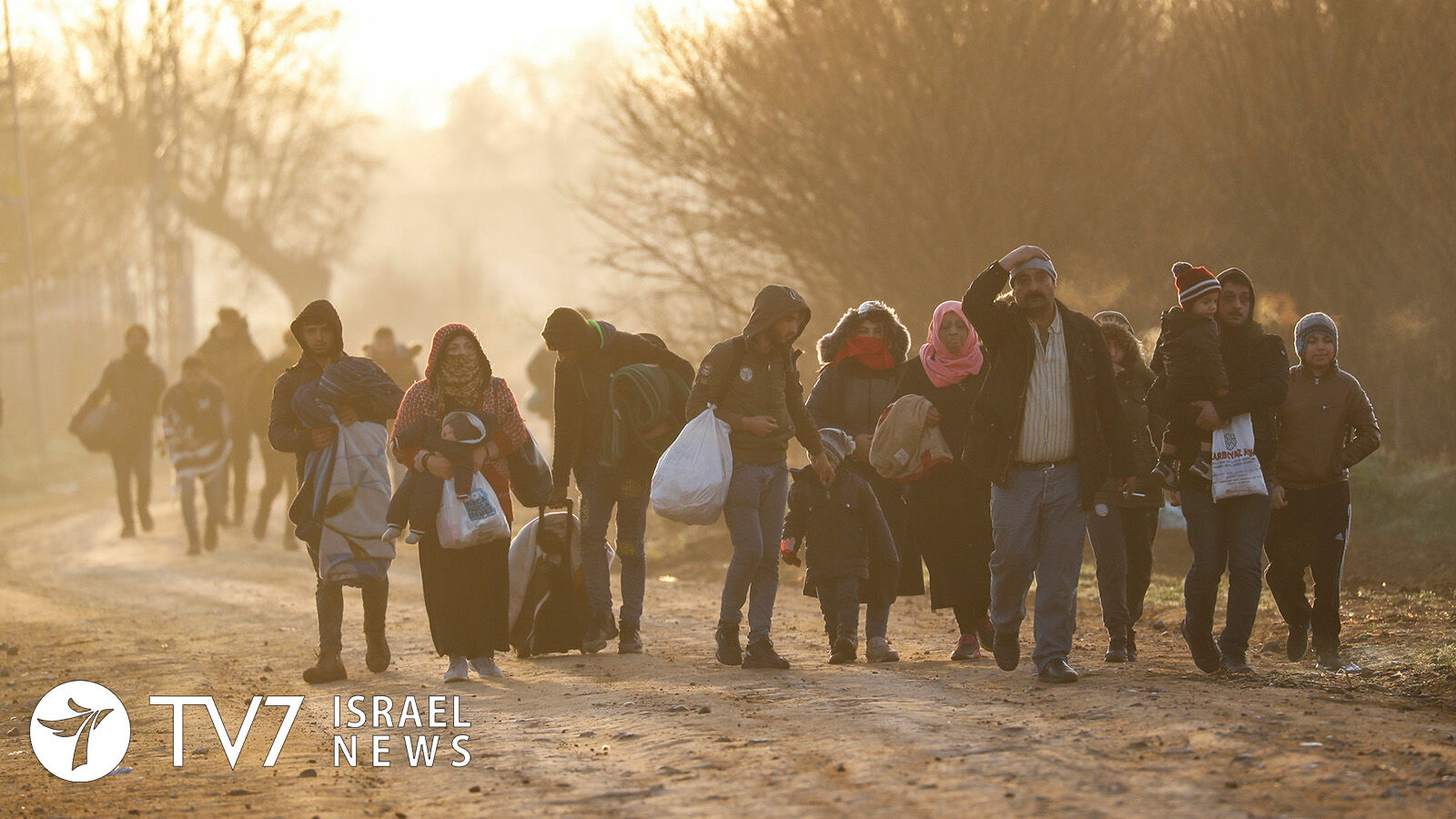“The reasons they fled in the first place are still there,” says the Human Rights Watch (HRW).
By Erin Viner
“Our Lives Are Like Death” is the title of the latest report from the non-governmental agency released yesterday.
Hundreds of thousands of people have been killed and millions of others displaced by the Syrian Civil War, which erupted in 2011.
Alleged abuse perpetrated by authorities or pro-government militias between 2017 and 2021 of dozens of Syrian returnees who had fled persecution is cited in the report, including 65 documented cases of torture, extrajudicial killing, enforced disappearances, arrests and arbitrary detention.
“We have seen the Syrian government continue to commit the same abuses since 2011 with no change,” Syria researcher for the United States-based rights group Sara Kayyali told Reuters.
Among detailed accounts is testimony by a Syrian identified as Shadi, who was imprisoned after returning from Jordan. This past January he said he was forced to watch the torture of other detainees.
“They took me to a watch an investigation of a 60-year-old man. They ran electricity through his body… They beat him until he forgot what his name was,” Shadi told investigators. He said he also witnessed the electrocution of an 80-year-old with diabetes who was blinded and “died in our cell a few days later.”
Interviews with United Nations agencies, attorneys and other non-governmental organizations are included in the HRW report.
Damascus authorities deny that any of the returning refugees have faced torture or reprisal, with Syrian President Bashar al Assad going so far as to charge that millions of his former citizens were being intimidated to remain in host countries that benefit from international aid received on their behalf.
HRW is advocating the halt of any forced repatriations to Syria from any countries. “Any calls to return (refugees) prematurely is going to result in them facing serious risks and even death,” said Kayyali.
Lebanon has been accused by the HRW of pursuing an “aggressive returns agenda” marked by summary deportations and decrees aimed at making refugees‘ lives difficult. The country, which is currently experiencing one of the world’s worst economic meltdowns amid eruptions of sectarian violence, has also denied the allegations.
Beirut’s Minister of Social Affairs Hector Hajjar maintains that his nation is committed to the principal of no forceful returns of Syrian refugees, and of guaranteeing their eventual safe return with respect to international treaties.
While Jordan has not publicly pushed for large-scale organized repatriations, said the HRW, the Hashemite Kingdom has instead excluded foreigners from many jobs. Amman claims the move is aimed at easing the unemployment rate among its local population.
While many Syrians long to return home one day, many are cognizant of dangers presented by alleged persecution in addition to the ongoing fighting.
State media reported that 14 soldiers were killed on Wednesday in the deadliest bombing in the Syrian capital in years, while rescue workers said that 12 people were killed in the military’s retaliatory shelling of the rebel-held Idlib region.
“If it’s secure in Syria, who doesn’t think of going back to his country?” said one refugee identified as Abou Alaa at an encampment in Akkar, Lebanon.
“But now it’s not safe… Nothing encourages us to go back,” he added.
